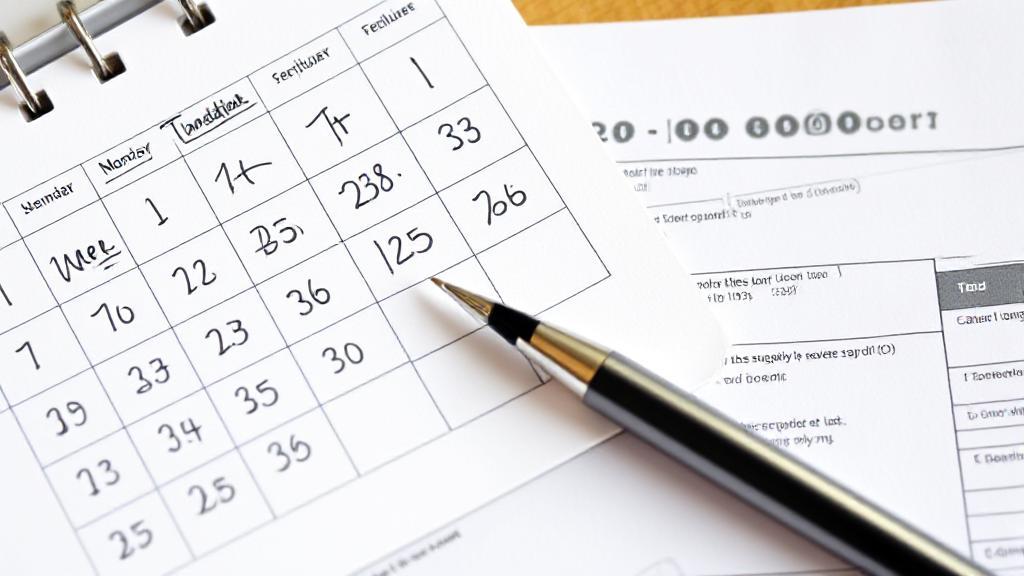Filing Season Overview and Key Dates
The IRS will begin accepting and processing 2023 tax returns on January 29, 2024. This applies to both electronic filings and paper returns, though tax software companies may allow you to prepare returns earlier.
January 2024
- January 16: Deadline for fourth quarter estimated tax payment for 2023
- January 31: Employers must distribute W-2 forms and businesses must issue 1099 forms to workers
February 2024
- February 15: Deadline to file new W-4 form to continue withholding exemption from previous year
April 2024
- April 15: Standard deadline for filing 2023 tax returns and paying any taxes owed
- Residents of Maine and Massachusetts have until April 17, 2024, due to Patriots' Day and Emancipation Day
Additional Important Deadlines
- June 17: Filing deadline for those living outside the U.S.; second quarter estimated tax payment due
- September 16: Third quarter estimated tax payment deadline
- October 15: Final deadline for those who filed extensions
Quarterly Estimated Tax Payment Schedule
| Quarter | Due Date |
|---|---|
| Q4 2023 | January 16, 2024 |
| Q1 2024 | April 15, 2024 |
| Q2 2024 | June 17, 2024 |
| Q3 2024 | September 16, 2024 |
Special Circumstances
Natural Disaster Areas
Taxpayers in federally declared disaster areas may have extended deadlines. Check the IRS disaster relief page for updates.
Military Personnel
Active duty military personnel in combat zones typically have 180 days after leaving the combat zone to file returns and pay taxes.
Tips for a Smooth Tax Season
Document Organization
Start gathering necessary documents early, including:
- W-2 forms
- 1099 forms
- Receipts for deductible expenses
- Investment income forms (typically arrive by mid-February)
Filing Options and Resources
- Consider e-filing for faster processing
- Use IRS Free File if you qualify
- Set up direct deposit for quicker refunds
- Track refunds using the IRS Where's My Refund tool
- Consult the Interactive Tax Assistant for personalized guidance
Important Note: While filing extensions are available through Form 4868, an extension of time to file is NOT an extension of time to pay. Any taxes owed must still be paid by April 15, 2024, to avoid penalties and interest.
Benefits of Early Filing
- Faster refunds
- More time to plan for taxes owed
- Reduced risk of tax identity theft
- Better access to tax preparers
- Time to correct filing errors
For more detailed information about filing status, tax credits, and deductions, visit IRS.gov or consult with a qualified tax professional.
